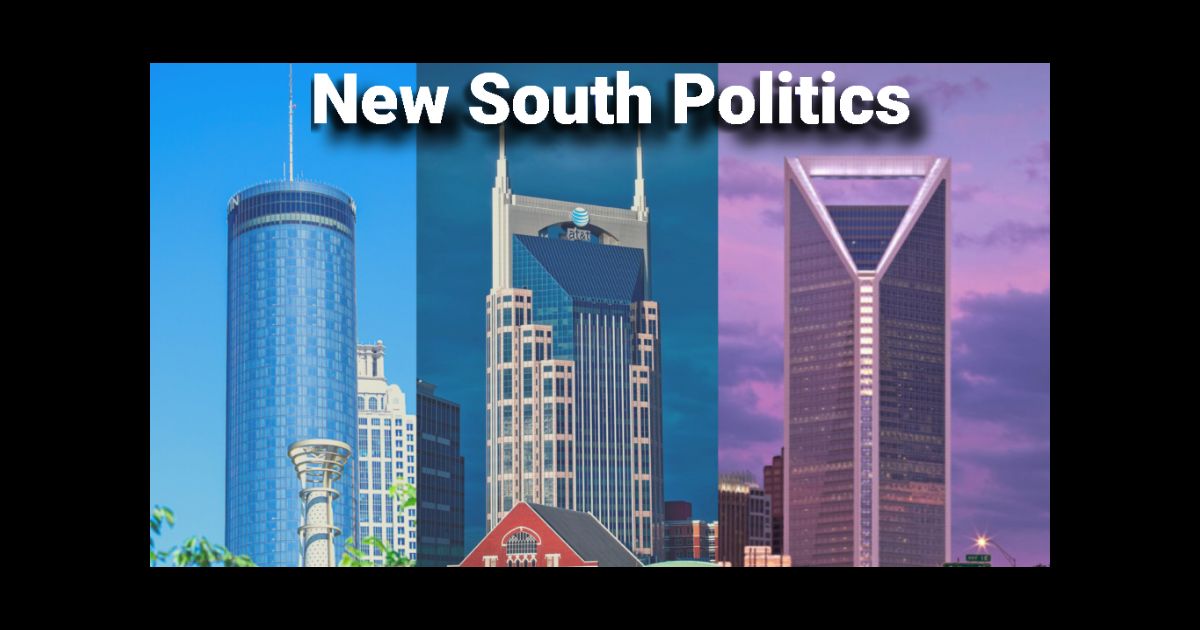Below is a press release from Virginia Congressman Bob Good.
WASHINGTON, D.C. – Congressman Bob Good (VA-05) introduced the Preserving Safety Net Integrity Act of 2023 to repeal President Biden’s public charge rule and codify the Trump-era rule ensuring that immigrants in the U.S. can support themselves and contribute to the economy, rather than compete with Americans for limited government resources.
“Ensuring the immigrants who come here can provide for themselves is critical to their wellbeing and to the health of America’s economy,” said Rep. Good. “When it comes to immigration, we are the most generous nation on the face of the earth. Unfortunately, President Biden has given operational control of the southern border to the Mexican crime cartels and invited an unprecedented invasion of 7 million illegal aliens. Meanwhile, the American people have been suffering from Bidenflation; paying more for gas, groceries, housing, and utilities; as wages are not keeping up. Without the support of this Administration, it falls on Congress to fight for an economy that puts Americans first when it comes to access to jobs. Codifying the 2019 public charge rule is commonsense and ensures legal immigrants coming to America will contribute to the economy by working to support themselves instead of relying on Americans’ hard-earned tax dollars for support.”
“NumbersUSA applauds Representative Good for introducing the Preserving Safety Net Integrity Act of 2023. The United States has had public charge laws on the books since the late 1800s. It should be common sense that we would want to ensure that immigrants to our country can support themselves and contribute to our economy, rather than compete with poor Americans for limited government resources. Moreover, American taxpayers should not be forced to subsidize immigrants simply because our government refuses to enforce laws that have been in place for over a century and insists on importing poverty.” – Rosemary Jenks, Director of Government Relations, NumbersUSA
“Public charge restrictions for immigrants have been part of U.S. immigration policy for more than a century, and self-sufficiency has been a basic principle of United States immigration law since this country’s earliest immigration statutes. Rather than respecting that history and deterring immigrants from seeking taxpayer funded benefits, the Biden Administration is allowing people to gain permanent status despite receiving public benefits. With American taxpayers already facing net annual costs from illegal immigration of over $150 billion dollars, the Biden Administration should be ensuring that public benefits are available for vulnerable Americans, not incentivizing their use by foreign nationals. The Preserving Safety Net Integrity Act is a critical step in that direction and will help encourage a legal immigration system based on merit and self-sufficiency.” – Dan Stein, President of the Federation for American Immigration Reform
Co-sponsors (12): Babin (TX-36),Grothman (WI-06), Norman (SC-05), Tiffany (WI-07) LaMalfa (CA-01), Gosar (AZ-04),DesJarlais (TN-04), Mills (FL-07), Ezell (MS-04), Weber (R-TX), Miller (IL-15), Ogles (TN-05)
Supporting Groups (2): NumbersUSA, Federation for American Immigration Reform
BACKGROUND:
Specific Provisions of the 2019 Public Charge Rule
- Permits the federal government to more effectively implement U.S. immigration law related to the public charge requirement for inadmissibility.
- The final rule clarifies that an individual who is likely to become a public charge is ineligible for admission or adjustment of status.
- The final rule also requires that aliens in the United States who have a nonimmigrant visa and seek to extend their stay or to change their status must demonstrate that they have not received public benefits for more than 12 months, in total, within any 36-month period.
- The final rule does not create any penalty or disincentive for past, current, or future receipt of public benefits by U.S. citizens or aliens whom Congress has exempted from the public charge ground of inadmissibility.
Exemptions – The 2019 public charge rule does not apply to:
- U.S. citizens;
- Aliens whom Congress exempted from the public charge ground of inadmissibility:
- Refugees;
- Asylees;
- Afghans and Iraqis with special immigrant visas;
- Certain nonimmigrant trafficking and crime victims;
- Individuals applying under the Violence Against Women Act;
- Special immigrant juveniles;
- Those to whom DHS has granted a waiver of public charge inadmissibility.

